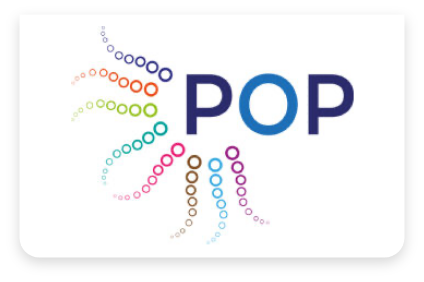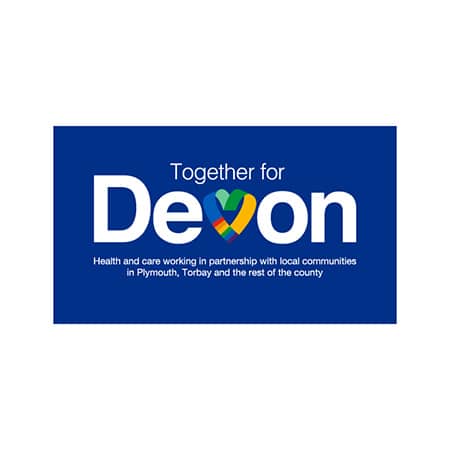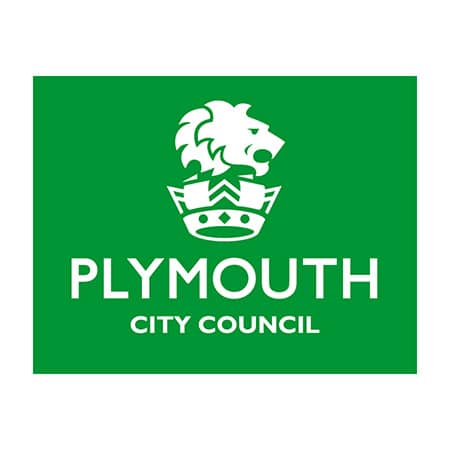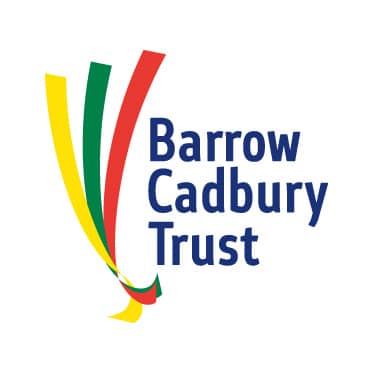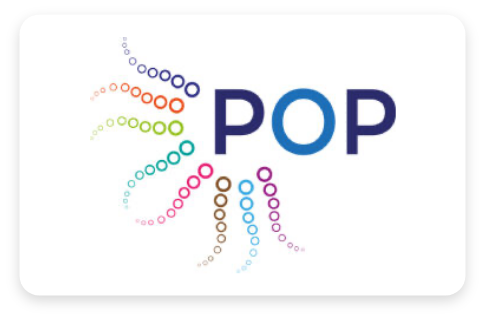The Social Investment Market Place Learning (SIMPL) v1.0 collaborative programme was designed to develop understanding of the barriers to developing the social investment market and raise awareness of the opportunities, risks and potential benefits of social investment.
As the first year progressed it became clear that whilst social investment should remain important, if we were truly focussed on social impact, for social investment to be maximised, we had to work out how it could sit alongside other forms of finance, collaboratively.
Exeter Co-Lab, Torbay Community Development Trust, POP, Essence, PSEN and Local Spark Torbay form this strong collaborative around a common purpose of growing a robust social economy across Devon (and beyond).
Our view is that tackling complex issues via a traditional grant funded/social investment approach through individual organisations is not enough. We need to take a wider view of the whole social-economic-political system that causes these issues – a system that currently fails to tackle them effectively.
To begin to tackle these issues, we believe that we need a philosophy that is:
- Human – showing more empathy, creativity, passion and trust
- Learning – using data to learn, accountable, striving to improve
- Systemic – thinking about the whole rather than the symptoms.
We believe that by creating the conditions for effective social investment more wisely using a Human, Learning, Systems philosophy we can begin to tackle the wicked issues more effectively.
Growing the social economy – the crucial role of networks
From relationships to collaborations to creating the conditions for innovation and positive change.We believe that for a social economy to flourish and shine even brighter, we need more collaboration and collective action – i.e. more network development and support.
We’re a group of six organisations: Exeter Co-Lab, Torbay Community Development Trust, POP+, Essence, Plymouth Social Enterprise Network and Local Spark Torbay. We formed our strong collaborative around a common purpose of growing a robust social economy across Devon (and beyond). Originally focussed on creating a healthy market for social investment, we quickly learned that the formal and informal networks that connect social economic actors creates the conditions for connection, collaboration, and innovations to emerge, and ultimately this creates the conditions for social investment. This is a system-based approach to catalysing the development of a resilient and robust social economy.
We have witnessed for many years, and particularly during the last six months, that collaboration is vital. Yet it does not emerge naturally; charities, social enterprises, grassroots organisations and other fellow travellers are time poor and operate on very tight margins. They often find it difficult to connect to others, to organise across boundaries of geography or interest and to campaign on wider issues. These and other actors often find themselves in silos, disconnected from information, new perspectives and, sometimes, unable to fully understand the common issues we collectively face. When networks and network weavers – the roles that each of us on our collaborative play – offer light touch, easy to engage, diverse, fluid and information-rich relationship, silo walls break down, learning becomes easy, new perspective become clear, and new possibilities are illuminated.
This is where formal network organisations and network weavers can play an important role in creating the ground conditions for the social economy to know itself, connect and collaborate, grow and become more resilient. Some of our shared activities include:
- Networking: We connect individuals and organisations with similar social and ecological ambitions to one another, sometimes providing the key introductions that lead to new possibilities. As network conveners, we have greater visibility and network intelligence, allowing us to reach and create bridges between unconnected spaces, places, and people. This is fundamental for any convening, advocacy and brokering.
- Convening and co-design: We support people to engage, to bring the context, to feel like equal partners and foster deep listening and observation to inform and shape solutions across sectors. Local businesses, academia, local government, citizens and more all need to be involved in the weaving of regenerative local economics. This convening capacity enables new connections, increased peer-to-peer learning, new collaborations, and innovations.
- Advocacy and representation: We represent our members by having a direct relationship with those that don’t have the resource to make themselves heard by themselves. This way we are able to convey opportunities and needs of a diverse group of organisations and people to other parts of society that don’t have direct links into our communities.
- Providing and/or supporting enterprise development: Networks – our formal and informal relationships – mobilise the knowhow for the business support and investment needed for social enterprise success, which drives sustainable development of the social economy. Networks are often a first point of contact for entrepreneurs and changemakers – those starting community projects, socially enterprising organisations, etc.
- Information and learning: Networks create the conditions for learning, capacity building, linking information, experts, institutions, toolkits – and crucially, unlocking the peer learning and support developed by network members themselves. Networks also play an important role in distributing news, updates and other information such as government support measures in times of crises. This significantly helps smaller organisations to keep up to date with relevant developments.
These activities are not always covered by one organisation but rather an ecosystem of network support. For example, one network support agency might focus on social enterprise, another on grassroots community organisations whilst yet another might focus on social entrepreneurship within Black, Asian and other Minority Ethnic communities.
We need to value networks.
The time has come to understand and value the vital role that networks and network weavers play in creating the conditions for innovation and development of the social economy. We – as a society – need:
- A new ‘social economy contract’ among the major financial and policy enablers of the social economy – the foundations, funding bodies and government policymakers.
- A new understanding of how economic change happens ‘on the ground’ and the change dynamics that move through the medium of networks. Networks enable flow, connection, innovation, and change.
- To recognise that the resultant value doesn’t just sit with those being connected: value is created for the statutory sector, for funders and social investors, communities and society.
- Statutory sector partners, funders and social investors to work with us to create a future where a fairer, more sustainable economy is supported through a rich ecosystem of infrastructure and support.
- A conversation with partners and stakeholders about how we create a healthy balance between long-term support, impact and accountability for networks.
Where network development and support is strong, the voluntary, community and social enterprise sector is strong. Where this works well the social economy flourishes.
